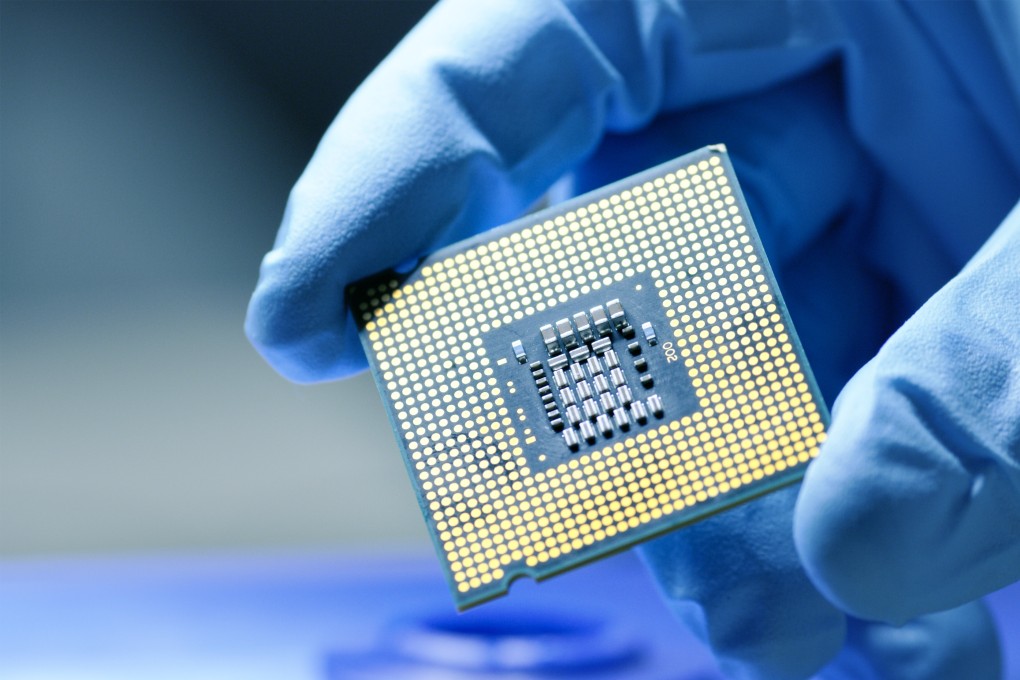Advertisement
Malaysia’s help needed to ease global semiconductor shortage, Taiwan says
- Malaysia is home to suppliers and factories serving European semiconductor makers as well as major carmakers including Toyota
- Taiwan’s Economy Minister Wang Mei-hua says the island, a major chip producer, cannot sort out the problem alone because the supply chain is so complex
Reading Time:2 minutes
Why you can trust SCMP

Malaysia’s help is needed to resolve the global shortage of auto semiconductors, especially when it comes to packaging, a sector affected by the country’s Covid-19 curbs, Taiwan Economy Minister Wang Mei-hua said.
Taiwan, as a major chip producer, has been front and centre of efforts to resolve the shortage, which has idled auto plants around the world.
Speaking in an interview late on Thursday at her ministry, Wang said Taiwan alone could not sort out the problem because the supply chain was so complex.
Advertisement
“The bottleneck in fact is in Southeast Asia, especially Malaysia, because for a while the factories were all shut down,” she said.
The problem was especially acute with auto chip packaging, with companies in Malaysia providing services not offered by Taiwanese firms, Wang added.
Advertisement
“Now the focus is on Malaysia resuming production as soon as possible,” she said. “I know that Malaysia started to restore production capacity in early September, and now the production capacity has returned to about 80 per cent, so if their capacity can slowly come back, this problem can be slowly dealt with.”
Advertisement
Select Voice
Select Speed
1.00x